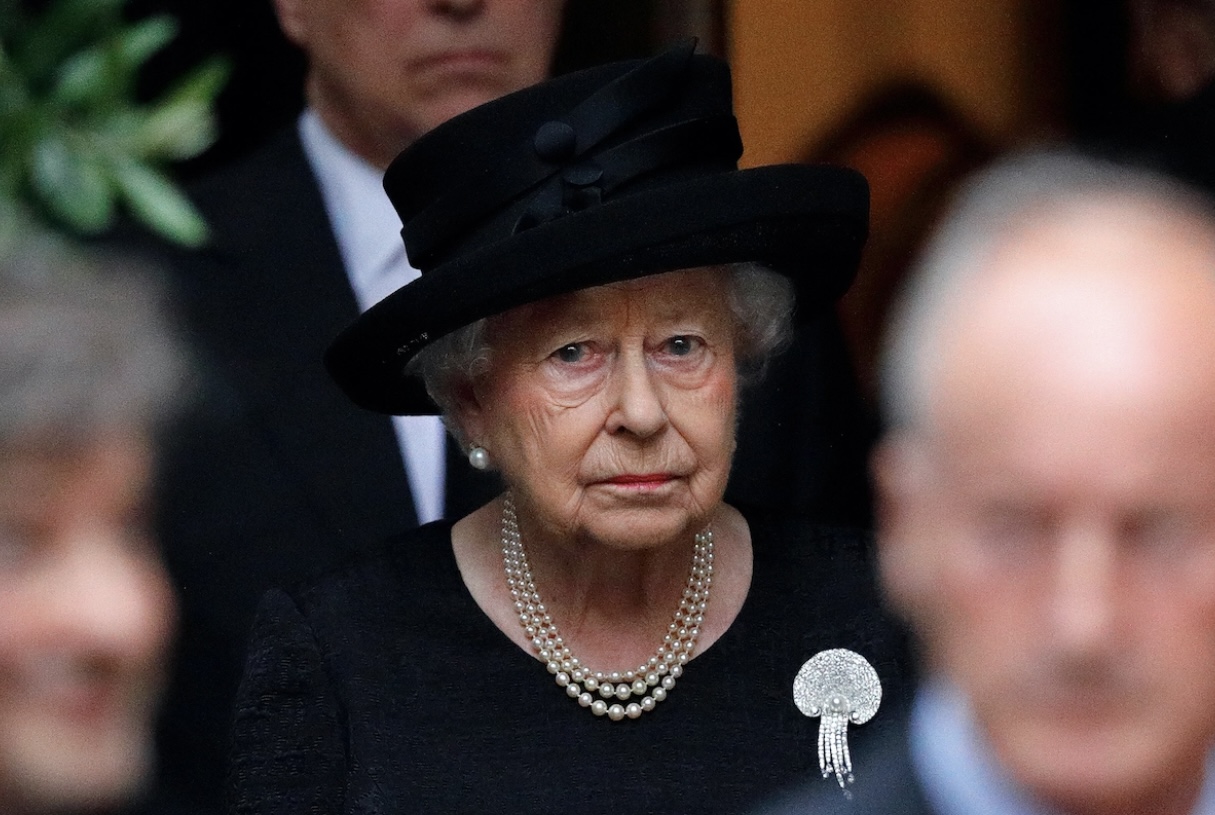UNESCO and Abu Dhabi publish a new report on the economic impact of the Covid-19 pandemic, which has caused a loss of 40% of the culture sector’s revenues and more than 10 million jobs

 UNESCO and the Department of Culture and Tourism - Abu Dhabi today published a joint report entitled “Culture in the time of COVID-19: resilience, renewal and renaissance”, which provides a global overview of the impact of the pandemic on the culture sector since March 2020, and identifies pathways to revitalize this sector.
UNESCO and the Department of Culture and Tourism - Abu Dhabi today published a joint report entitled “Culture in the time of COVID-19: resilience, renewal and renaissance”, which provides a global overview of the impact of the pandemic on the culture sector since March 2020, and identifies pathways to revitalize this sector.
The report examined the impact of the COVID-19 pandemic across all cultural sectors, and indicated that culture was one of the sectors most affected by the pandemic globally, as the sector lost more than 10 million jobs in 2020 alone, and witnessed a 20-40% drop in revenue. The total value added of the sector also decreased by 25% in 2020. Although the culture sector suffered a significant decline, online publishing platforms and audiovisual platforms witnessed a remarkable growth due to the increased reliance on digital content during the outbreak of the pandemic. The report also identifies key global trends that are reshaping the culture sector, and proposes new integrated policy directions and strategies to support the sector's renaissance and future sustainability.
“We have identified the main reforms that are currently emerging around the world in response to the global crisis,” said UNESCO Assistant Director-General for Culture, Ernesto Otto Ramirez. It is necessary to recognize the ability of the culture sector to support the occurrence of societal transformation and the recovery of society at the level of various development goals, and to support the adoption of integrated approaches to revitalizing the culture sector.”
His Excellency Mohamed Khalifa Al Mubarak, Chairman of the Department of Culture and Tourism - Abu Dhabi, said: “Although the report highlights the repercussions of the pandemic on cultural sectors in the world, we are optimistic about our ability to move forward as an international cultural community. The guidelines and strategies that the report proposes will reshape the sector to be resilient and sustainable for generations and generations is more important than its results. His Excellency added: “Our partnership with UNESCO and Abu Dhabi’s role in preparing this report solidifies our commitment to contributing to finding solutions and developing policies that It will enhance the culture sector in the UAE and the world.”

Shifts in the cultural value chain
The report, based on data from more than 100 culture reports and interviews with 40 experts and economic analysts, underscores the need for an integrated approach to the recovery of the culture sector, and calls for reframing and upholding the value of culture as an important foundation for a more Diversity and sustainability.
The report also highlights the significant transformations that have occurred in cultural production and dissemination, particularly due to the acceleration of the digitization of cultural products during the outbreak of the pandemic, as the total revenues of the digital creative economy in 2020 amounted to nearly $2,7 billion globally, more than of a quarter of the total revenue of the cultural sector as a whole.
A threat to cultural diversity and the diversity of cultural expressions
The pandemic has proven to be a threat to cultural diversity. The destabilization of the livelihoods of freelancers and cultural professionals, coupled with the exacerbation of deep-rooted inequalities related to gender and disadvantaged groups in society, has prompted many artists and cultural workers to leave the field, causing Undermining the diversity of cultural expressions. These inequalities, along with regional disparities, have seriously damaged the production and distribution of cultural goods and services. For example, 64% of freelance workers in the cultural sector in Latin America lost more than 80% of their income. due to the outbreak of the COVID-19 pandemic.
Redefining the position of the culture sector in the general plan
The report says that the end of the pandemic represents an important opportunity to redefine the place of culture in the public plan, and to enhance its value as a public good. The report notes that the pandemic has led to an enhanced recognition of the social value of the culture sector and its contribution to achieving collective and individual well-being and achieving sustainable development. Culture has already been included for the first time in the policy discussions of the G-2020 in XNUMX. The report argues that it is essential to seize this global momentum.
Ernesto Otuni Ramirez and Mohamed Khalifa Al Mubarak are publishing this joint report during a special event taking place today at Manarat Al Saadiyat in Abu Dhabi, a year after UNESCO and the Department of Culture and Tourism - Abu Dhabi announced their joint work on the global study. They will review how the culture sector has not only recovered but has transformed by taking advantage of the lessons learned from the pandemic crisis. The publication of the report and the holding of this event will also contribute to the preparation of the UNESCO World Conference on Cultural Policies and Sustainable Development, to be held in Mexico in late September 2022.
For UNESCO and the Department of Culture and Tourism - Abu Dhabi, the report represents the continuation of cooperation on a series of strategic initiatives that support a shared commitment to advance culture as a public good, and to protect and promote the diversity of cultural expressions in order to achieve the Sustainable Development Goals by 2030.






